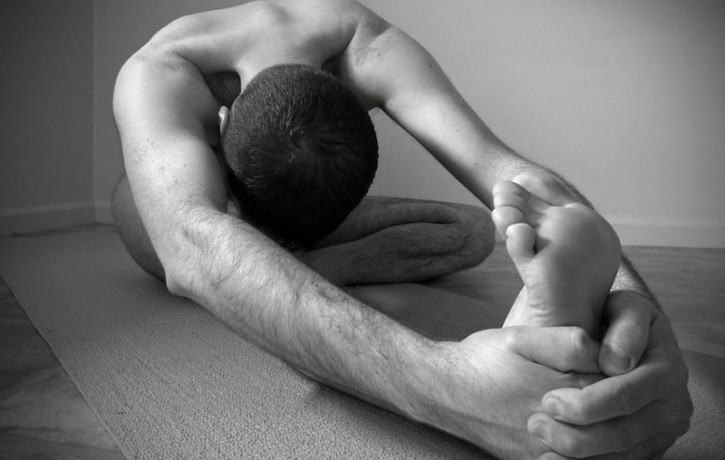Everything You Need to Know About Cramp

Cramp… That short, sharp, unwelcome visitor!
Cramp can often cause major problems for some people, whilst others barely suffer from cramp at all! Cramp is one of those issues that is often widely discussed, but yet little is factually known.
A common term for cramp is “Charley Horse,” which interestingly originates back to baseball in the 19th century – used to describe slow runners due to painful muscles. The actual term relates to a horse named Charley who failed to ever perform well in a race!
Muscle cramps are most common in endurance athletes; however it is documented well in many other sports including football, rugby, cricket, tennis, and basketball. Although, due to such a high prevalence, the development of cramp in athletes is still not very well understood.
What Causes Cramp?
Muscle cramps are defined as painful involuntary spasms involving part or all of a muscle lasting from seconds to minutes. They can be triggered by exercise, but often occur at rest at night. The calf and the foot seem to be the most common muscles to cramp in clinical experience, but cramp can also be found in the biceps and forearm muscles less ordinarily.
Studies have shown that cramping seems to be questioned more frequently as a neurological issue. If this is the case, there is little we can do to avoid cramp based on past study information. However there is of course, more than one theory on the cause of cramp, this is just one of them.
The thing with cramp is that it’s very hard to pinpoint when they might happen. It completely depends on the type of person you are and what your lifestyle involves. Age, level of fitness, even whether you’re pregnant or not can affect your likelihood of suffering with cramp.
Some cramps can be related to a high level of toxins in the blood which would trigger muscle spasms. This can be due to liver disease, in which case muscle relaxants are a good way to go. Other reasons can be a lack of stretching after exercise, lack of movement in everyday life or a heavy consumption of alcohol and drugs. Needless to say, if you find yourself in more than one of these and suffer with cramp on a regular basis, try to solve them and see if you notice any difference in regularity of cramping.
How to avoid Cramp
As cramp is described as an involuntary contraction of the muscle, during an attack, the most common and useful thing to do is to stretch out the muscle passively.
To avoid cramps altogether means to stretch more regularly, involve your body in movement often and to rest when needed. The involuntary contracture is more likely to happen when the muscle is in a shortened state, therefore if you work at a desk most of the day and you suffer with calf cramps, try to bring your toes up towards your shin on a regular basis to stretch out the calf. Some people have a habit of bouncing their feet when sitting; this group is less likely to suffer according to studies. Is this true? If you are one of those people who constantly move your feet when sitting, do you still suffer with cramp in your calves? If so, let us know.
One thing that almost every study seems to show is that you should rest when needed and that stretching, both before and after exercise, on a regular basis will help to avoid cramp.
Curiously, although its often mentioned by patients at the clinic, salt and hydration were never mentioned throughout these studies! So on that basis, I am confident enough to say that they would make little difference. Though saying that, it is of course worth noting you should always aim to keep a good level of hydration; which is not too little, not too much.
Nothing is 100% factual when it comes to cramp. It seems cramp is still a topic that needs more research, but I hope that you find the information contained in this post useful and that it aids you in your daily life.
Image source: Nicholas A. Tonelli / Flickr
- Finding Hope and Comfort Through Pain - 21st March 2025
- Non-Pharmacological Solutions for Managing Pain in Parkinson’s - 19th February 2025
- The Healing Touch: How Massage Benefits People with Spinal Injury Pain - 28th January 2025
